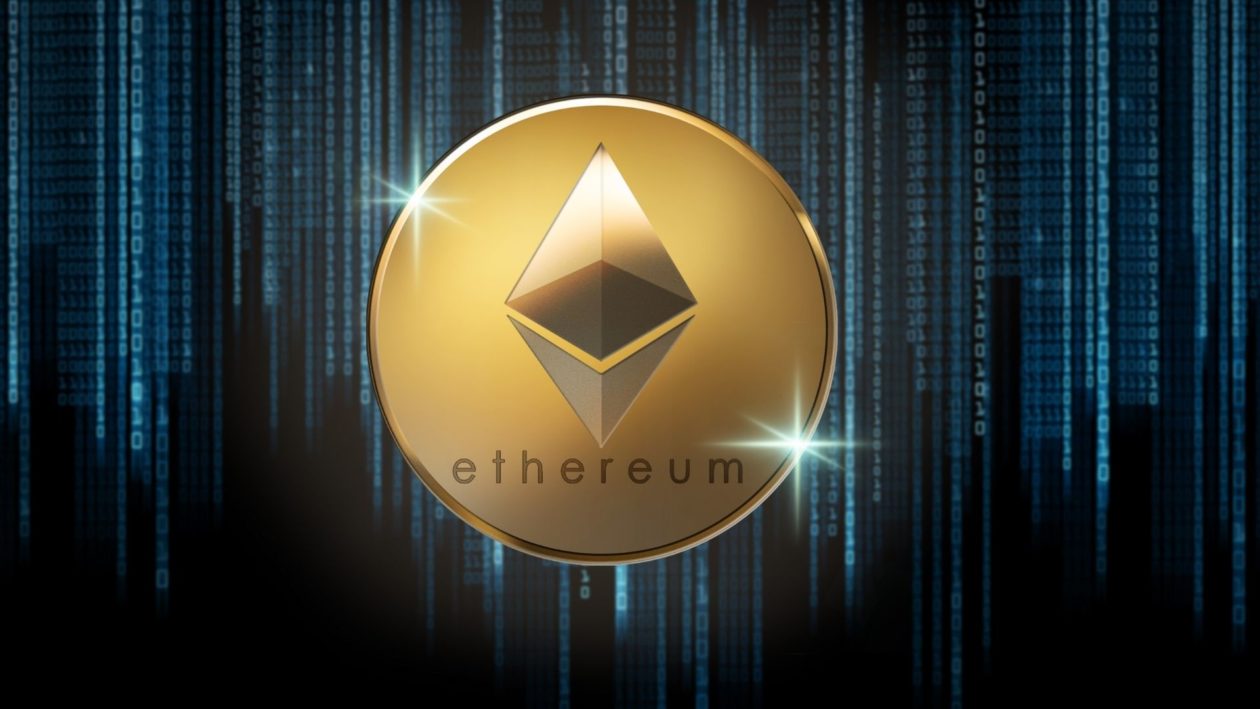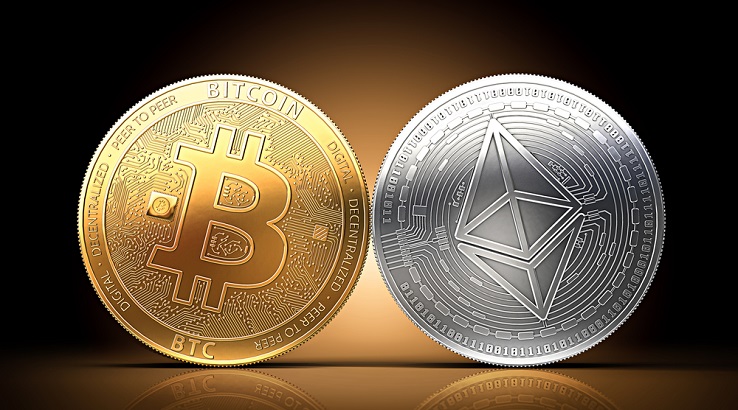PeAfter bitcoin, Ether (ETH), the Ethereum network’s cryptocurrency, is the second most popular digital token (BTC).
Comparisons between Ether and bitcoin are only inevitable given that Ether is the second-largest cryptocurrency by market capitalization (market cap).
In many aspects, ether and bitcoin are similar:
Each is a digital currency that can be bought and sold on the internet and saved in a variety of cryptocurrency wallets. Both of these tokens are decentralized. Both make use of blockchain, a distributed ledger technology.
However, there are a number of key differences between the two most prominent cryptocurrencies in terms of market capitalization.
We’ll look at the similarities and differences between bitcoin and ether in more detail below.
Bitcoin Basics
Bitcoin was first introduced in January of 2009. It introduced a revolutionary concept laid forth in a white paper by the enigmatic Satoshi Nakamoto: bitcoin promises to be an online currency that is secure and decentralized, unlike government-issued currencies.
Although bitcoin was not the first attempt at an online currency of this type, it was the most successful in its early stages.
Over time, authorities and political agencies have come to recognize the concept of a virtual, decentralized currency.
Despite being routinely analyzed and disputed, bitcoin has managed to carve out a niche for itself.

Ethereum Basics
People utilize blockchain technology to develop applications that go beyond just facilitating the use of a digital currency. Ethereum is the largest and most well-known open-ended decentralized software platform, having been launched in July 2015.
Ethereum allows smart contracts and decentralized apps (dApps) to be written and run without the risk of downtime, fraud, control, or third-party interference. This comes with its own blockchain-based programming language, allowing developers to create and execute distributed applications.
In general, ethereum has a wide range of potential applications, ether (commonly abbreviated as ETH). It had a presale for ether in 2014, which was met with a huge reaction.
Ether is used by developers to construct and operate apps on the Ethereum platform. People primarly use ether for two purposes: to trade it as a digital currency on exchanges in the same way that other cryptocurrencies are, and to operate apps on the Ethereum network.
Key Differences
While distributed ledgers and cryptography are at the heart of both the Bitcoin and Ethereum networks. The two are vastly different in terms of technology. Transactions on the Ethereum network, for example, may include executable code, but data attached to Bitcoin network transactions is often used merely to keep track of transactions.
Block time (an ether transaction is completed in seconds, compared to minutes for bitcoin) and the algorithms they use (SHA-256 for Bitcoin and Ethash for Ethereum) are also notable distinctions.
Both Bitcoin and Ethereum employ the proof of work (PoW) consensus mechanism. It allows the nodes of the respective networks to agree on the status of all information recorded on their blockchains. Also, prevents certain forms of economic attacks on the networks.
As part of its Eth2 upgrade, Ethereum will switch to a different mechanism called proof of stake (PoS) in 2022. This upgrade will make Ethereum more scalable, secure, and long-lasting. Because of the processing power required, one of the most common criticisms is that it consumes a lot of energy.
Proof of stake replaces miners with validators. They stake their cryptocurrency holdings to activate the capacity to create new blocks.

Bitcoin and Ethereum Networks
But, more crucially, the Bitcoin and Ethereum networks are not the same in terms of their overall goals.
While bitcoin was founded as a substitute for national currencies and so seeks to be a means of exchange. Ethereum is a platform for immutable, programmable contracts and applications using its own currency. The fundamental goal of ether is to facilitate and monetize the Ethereum smart contract and dApp platform rather than to establish itself as an alternative monetary system.
Ethereum is another example of a blockchain that supports the Bitcoin network but does not compete with it in theory. However, ether’s success has forced it to compete with all cryptocurrencies, particularly from the standpoint of traders.
Since its debut in mid-2015, ether has ranked second to bitcoin in terms of market capitalization for the most of its existence.
The Ethereum ecosystem is exploding, thanks to the growing popularity of its decentralized applications (dApps) in fields including finance (decentralized finance, or DeFi apps), arts and collectibles (non-fungible tokens, or NFTs), gaming, and technology.
What is the main difference in application between Bitcoin and Ethereum?
Bitcoin is a substitute for traditional currencies, as well as a medium of commerce and a store of wealth.
Ethereum is a programmable blockchain that may be used for a variety of things, such as DeFi, smart contracts, and NFTs.
Why is Bitcoin equal to digital gold and Ethereum to digital silver?
Bitcoin is equal to digital gold since it was the first cryptocurrency and is the largest, with a market capitalization of more than $1 trillion. While its limited supply may ensure that it preserves its value. Because it is the second-largest cryptocurrency by market capitalization. It has a wide range of applications, Ethereum is equal to digital silver.
What are Bitcoin’s and Ethereum’s shares of the crypto market?
Bitcoin had a market cap of $1.08 trillion on Nov. 29, 2021, accounting for over 48% of the total cryptocurrency market, which was worth just over $2.25 trillion. Ethereum has a market share of 23.4 percent, with a market cap of $528 billion.


